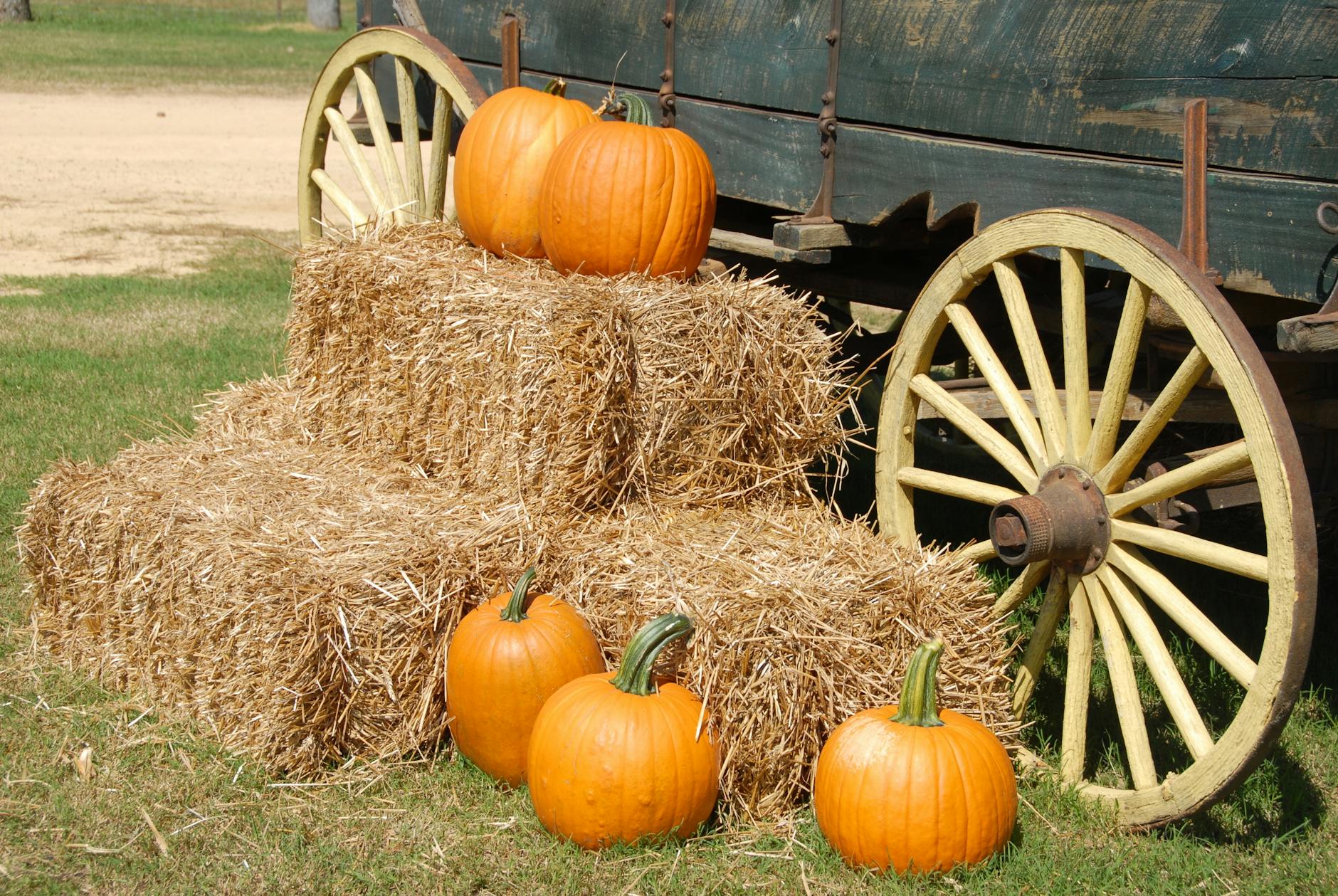One constant you can count on when running a business is change. This is especially true if you conduct your business in a state like Pennsylvania with four distinct seasons. Many small business owners operate businesses that are only open for part of the year. While some business owners are able to make enough money in season to cover their costs for the year, many must find a way to supplement their income in the off-season. If you are planning to start a second business in your first business’s offseason one of the first decisions you will want to make is whether you will create it as a separate business or run it under your existing business.

One or More?
The general wisdom in regard to running multiple businesses is to operate them separately to minimize the risk that one has on the others. This can be done regardless if your businesses are set up as sole proprietorships, partnerships, or LLCs. The most common way is to set up multiple LLCs. Setting up multiple LLCs shields each business from the other. If your summer landscaping business is having a down year or facing a lawsuit your winter snow removal business will be protected.

There may be reasons a business owner would want to operate multiple businesses as one entity. The businesses may be closely related, and the owner could be looking to capitalize off the good will of their existing business for their second. The owner could be looking to limit the administrative costs and workload that comes along with running multiple businesses. This may be especially appealing come tax season as the owner will only need one EIN and can report the income from each business in one filing. If this approach seems as if it could fit your businesses, there are multiple ways to set them up. One way would be to set up multiple Registrations for Fictitious Names for each of your businesses, while still operating as one LLC. In many states Registrations for Fictitious Names are known as DBAs (Doing Business As). Another option is to create an LLC as a holding company and place multiple businesses under it.
Seasonal Amusement or Recreational Establishment
One thing to consider when deciding to operate your seasonal business as one or separate entities is if either of the businesses meet the Fair Labor Standards Act definition for Seasonal Amusement or Recreational Establishment. 29 U.S.C. §213(a)(3) of the FLSA exempts any employee who is employed by an amusement or recreational establishment, organized camp, or religious or nonprofit educational conference center, from minimum wage and overtime provisions if:
- It does not operate for more than 7 months in any calendar year; or
- During the preceding calendar year, its average receipts for any 6 months of that year were not more than 331/3 percent of its average receipts for the other 6 months of that year.
This exemption does not apply to any employee of a private entity providing services or facilities in a national park or forest or on land in the National Wildlife Refuge System, under a contract with the secretary of the Interior or Agriculture (29 U.S.C. §213(a)(3)).

Unemployment Compensation
Another thing to consider are the unemployment compensation laws for each state your business operates in. In Pennsylvania, prior to the passage of HB-319 in 2016, a seasonal worker could not earn more than 50.5 percent of his/her yearly earnings in a single quarter and still be eligible for unemployment compensation. Since its passage the amount that an employee can earn in a single quarter and still be eligible for unemployment compensation has risen to 63 percent. This should be taken into account when deciding how to structure your businesses, especially if employees from one seasonal business will also be used in the other.
There are pros and cons to any way that one structures a business. The key is finding the one that best suites your business and your needs. The content in this post should not be considered legal advice. When making decisions for your business or businesses it is wise to consult an attorney to discuss the specifics of your business. Each business is unique and only an attorney licensed in the state your business practices in is qualified to assist you in the many legal questions you will have to navigate.
This post was authored on February 9th, 2020.
At the time of this post Jesse Barth is a 2L at Penn State Dickinson School of Law. Prior to enrolling in law school, Jesse served in the United States Marine Corps conducting embassy security. Jesse now lives in Central Pennsylvania with his wife, daughter, and dog, pursuing a career in Criminal Defense while maintianing an interest in all things pertaining to individual liberty.
Sources:
https://www.entrepreneur.com/article/277964
https://1.next.westlaw.com/Document/I5cdfa6b65af111e9adfea82903531a62/View/FullText.html?listSource=Foldering&originationContext=clientid&transitionType=MyResearchHistoryItem&contextData=%28oc.Search%29&VR=3.0&RS=cblt1.
Photo Sources:
https://www.pexels.com/photo/orange-pumpkin-on-brown-hay-near-gray-carriage-164158/
https://www.pexels.com/photo/snow-capped-mountain-2013658/
https://www.pexels.com/photo/green-grass-field-near-body-of-water-1608383/
Jesse — I really love the name of your blog! Your blog is very informative. Before reading it, I didn’t realize that many small business owners in Pennsylvania are only open for part of the year. Now I understand that it is essential for small businesses to think about alternative sources of revenue and how to protect each business from liability.
Jesse, Loved your blog! I think seasonal businesses are something that not a lot of people tend to think about it, so it’s great that you chose to write on a topic to inform them. Also really liked that you wrote on a state that you both live in and is very relevant to this topic.
Jesse, you make a good point about structuring entities to operate businesses in different seasons. I also did not know that the federal labor law covered seasonal employment.